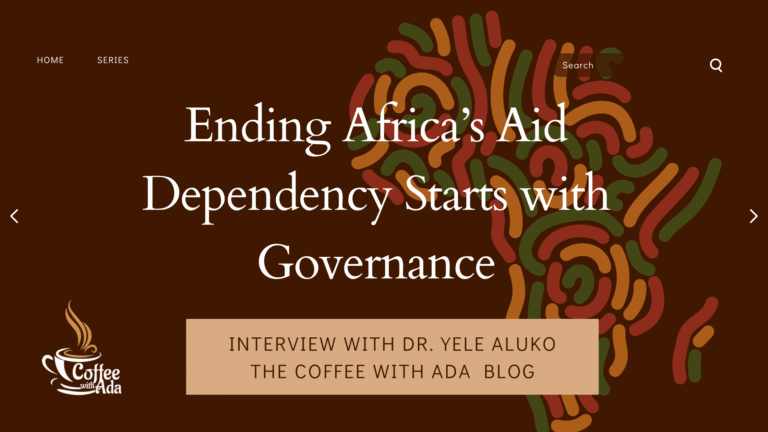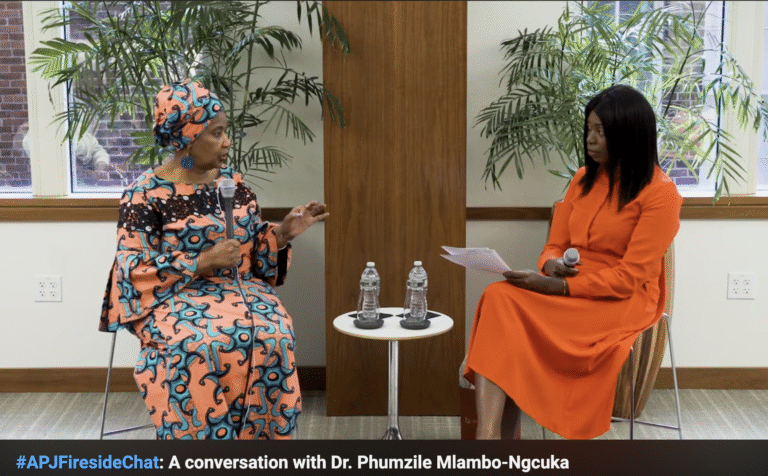In the heart of a remote village in Africa, a one year old child receives a life-saving vaccine without delay, a product of local manufacturing. This is not a distant dream, but a reality that Africa is striving to achieve. The pathway towards self-sufficiency in vaccine production is a challenging yet crucial endeavour, with implications for public health, economy, and the future of the African continent.
Africa currently contributes only about 0.1% of the global supply of vaccines. However, the continent is amplifying its efforts towards self-sufficiency. More than 30 vaccine manufacturing initiatives are reportedly underway across the continent. In 2021, the Africa Centres for Disease Control and Prevention (Africa CDC) set a target of 60% of vaccines required by the continent to be manufactured locally by 2040. They outlined the key areas needed to achieve this ambitious goal in The Partnerships for African Vaccine Manufacturing framework which included: research and development, regulation, pooled procurement, technology transfer, intellectual property, and financing.
Local vaccine production has great public health benefits to the region. Elimination of diseases like malaria, polio and Ebola can be accelerated with local manufacturing as there is increased access and better control of spread. It will also enhance the speed of response to public health emergencies as there will be improved stockpiling based on specific needs. Another benefit stems from lessons learned from the COVID-19 pandemic and that’s a resilient health system. There will be massive drop in reliance from external actors and this can in turn foster more independence across the region. This has the potential of reducing vaccine hesitancy and fostering trust amongst the population. Local manufacturing also has a global impact as it can foster better pandemic preparedness and contribute to the global vaccine supply

The economic implications are profound. The African market for vaccines and medicines is valued at $50 billion annually. Expanding local vaccine production can boost the continent’s socioeconomic development by allowing it to rely less on external suplliers and retain a large share of the market value. There is also the potential for jobs to be created, increased capacity building and the proliferation of a skilled workforce within the vaccine manufacturing industry. Vaccine manufacturing on the continent will attract a lot of foreign and local investors which will in turn foster economic growth
The question of whether vaccine manufacturing should be a collective effort or handled by individual countries is complex. While only a few African countries currently have the facilities to produce vaccines, the efforts of the African Union and other continental bodies suggest a collective approach. This approach allows for shared resources, expertise, and risks, potentially accelerating the path to self-sufficiency.
The path to self-sufficiency is fraught with challenges. One of the major hurdles is the fragmented pharmaceutical regulatory ecosystem in Africa. Until countries operationalize the fledgling African Medicines Agency, the benefits of regulatory harmonization and coordinated licensing by national regulators remain remote.
Another challenge is the initial high cost of local manufacturing. To establish a sustainable market, African countries will initially have to pay more to cover higher local manufacturing costs. This underscores the urgency of fully implementing the 2001 Abuja declaration to contribute 15% of gross domestic product to health.
Despite these challenges, solutions are emerging. The African Union, African Vaccine Acquisition Task Team, and African Export-Import Bank show the potential impact of pooled funding and purchasing of vaccines. Moreover, COVID-19 has accelerated the African vaccine manufacturing efforts of companies, including Aspen, Biovac, and the Institut Pasteur de Dakar.
In the face of adversity, Africa is taking bold steps towards self-sufficiency in vaccine production. The journey is challenging, but the destination—a healthier, more resilient Africa—is worth every effort.
Remember, every vaccine produced on African soil is a step towards a healthier future, not just for Africa, but for the entire world.








One Response